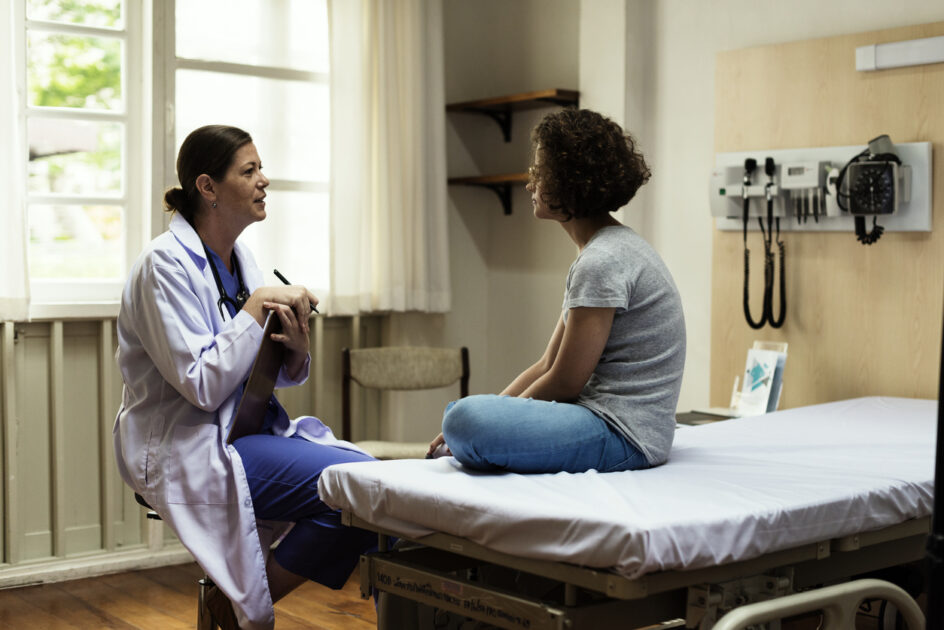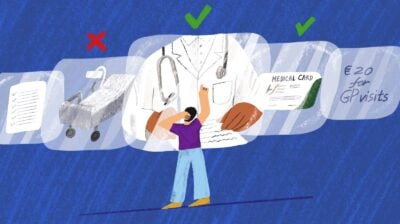How to recognise the signs and symptoms of the mumps
Mumps is a contagious viral infection
Written by spunout
Factsheet
Fact checked by experts and reviewed by young people.

Mumps is a highly contagious viral infection. It used to be most common among younger children, but recently there have been more cases of it in teenagers and young adults. There is a vaccine for mumps, but no cure. However, most cases of mumps clear up within two weeks.
How the mumps are passed
Mumps is very contagious, and you can get it through both direct and indirect contact. Direct contact means that you come into contact with a person with mumps who may cough, or sneeze, or otherwise expose you to the virus directly. Indirect contact means you can also catch it through touching things that they have touched, like a door handle, dishes, sheets, pillows, etc.
Symptoms of mumps
The most common symptom of mumps is swelling of the parotid glands, the glands on either side of your face (the “hamster-face” effect). This swelling can also cause pain in that area and pain swallowing. Other symptoms of the mumps may be less obvious or not present at all and include:
- Headache
- Tiredness
- Aches and pains
- Loss of appetite
- High fever
- Swelling or pain of testicles in men
- Difficulty hearing
Furthermore, certain complications from mumps can, in rare cases, cause encephalitis (swelling of the brain), meningitis, deafness, or, even more rarely, infertility in men.
How to treat mumps
There is no known cure for mumps, but in most cases the virus will clear up in about ten days. And, the symptoms are treatable: hot or warm packs placed on the parotid glands can relieve pain and swelling there, and pain relievers can help with those and other symptoms. Getting lots of sleep and drinking plenty of water will always help you to get better faster, but it’s still important to go to the doctor and get diagnosed.
How to avoid the spread of mumps
The MMR vaccine, which prevents mumps, is usually given to young children, but can be given at any age, so you can talk to your doctor about getting it. The vaccine is especially recommended for young people aged 17-24 who haven’t gotten it. This age group may be more at risk of spreading a virus while living in close quarters at college or university.
If you already have the mumps, don’t go out! Isolate yourself as much as possible to avoid passing on the virus, and stay away from school and work for at least five days after your symptoms get better. If you must cough or sneeze, use a tissue, and throw it in the bin immediately after. Wash your hands as often as possible. And, see your doctor as soon as you can—they’ll help you with your symptoms as well as make sure there are no complications.






